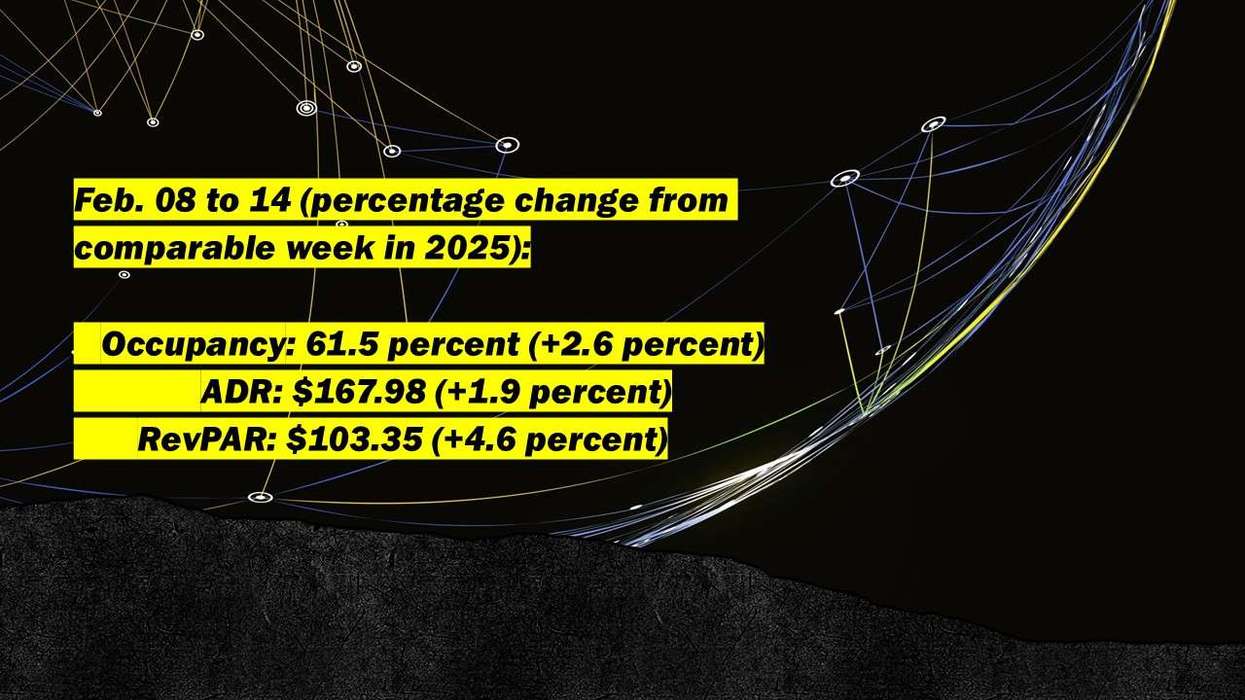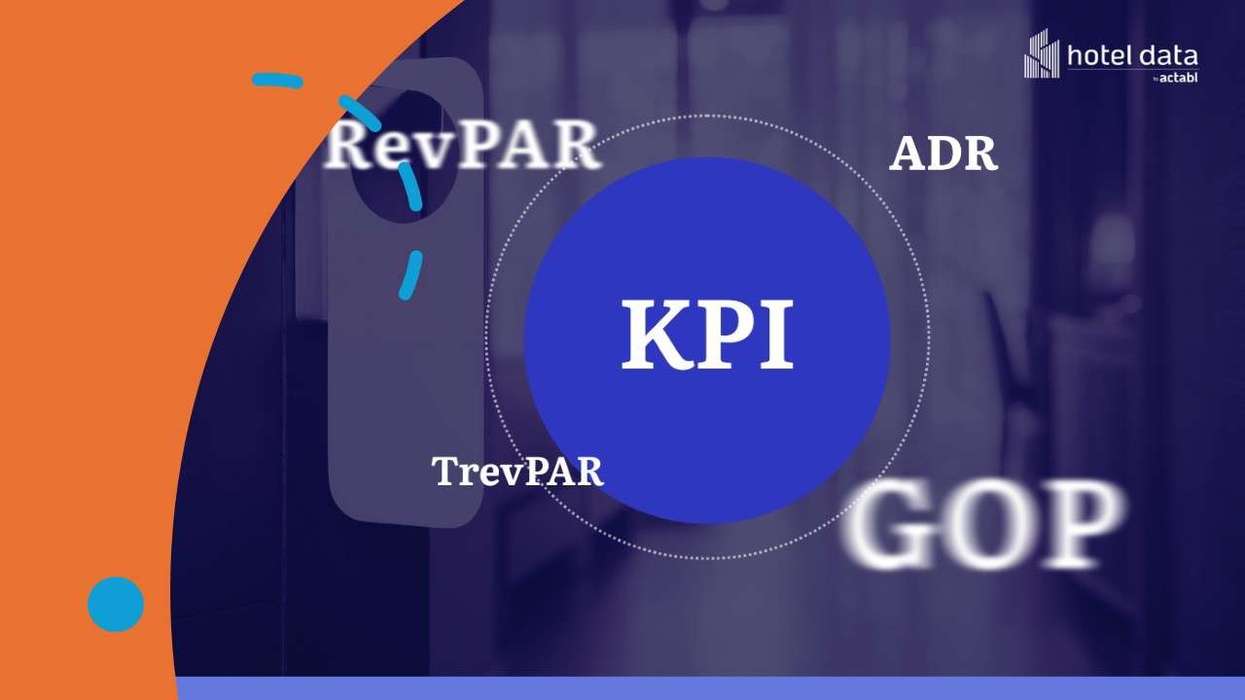Summary:
- Peachtree Group originated a $176.5 million retroactive CPACE loan for a Las Vegas property.
- The deal closed in under 60 days and ranks among the largest CPACE financings in the U.S.
- The company promotes retroactive CPACE funding for commercial real estate development.
PEACHTREE GROUP ORIGINATED a $176.5 million retroactive Commercial Property Assessed Clean Energy loan for Dreamscape Cos.’s Rio Hotel & Casino in Las Vegas. The deal, completed in under 60 days, is its largest credit transaction and one of the largest CPACE financings in the U.S.
The 2,520-room Rio, now under the Destinations by Hyatt brand, was renovated in 2024 and comprises two hotel towers connected by a casino, restaurants and retail, Peachtree said in a statement.
“This transaction is a milestone for Peachtree Group and a testament to the ecosystem we have built over the past 18 years,” said Greg Friedman, Peachtree's managing principal and CEO. “Through our vertically integrated platform, deep expertise and disciplined approach, we have developed the infrastructure to be a leader in private credit. Our ability to deliver speed, creativity and certainty of execution positions us to provide capital solutions that create value for our investors and partners across market cycles.”
Atlanta-based Peachtree is led by Friedman; Jatin Desai as managing principal and CFO and Mitul Patel as principal.
The CPACE loan retroactively funded the renovations, allowing the owners to pay down their senior loan, the statement said. The property improvement plan included exterior work, upgrades to the central heating and cooling plant, electrical infrastructure improvements and convention center renovations.
Retroactive CPACE funding reimburses 100 percent of completed project costs, Peachtree said.
Jared Schlosser, Peachtree’s head of originations and CPACE, said the deal marks an inflection point, with major financial institutions consenting to its use for the benefit of the capital stack.
“By closing quickly on a marquee hospitality asset, we were able to strengthen the position of both the owner and its lenders,” he said.
The CPACE market has surpassed $10 billion in U.S. originations in just over a decade, according to the C-PACE Alliance, with growth expected as more institutional owners and lenders adopt it.
“We see significant opportunity for retroactive CPACE and its use in funding new commercial real estate development,” Schlosser said. “It is an alternative to more expensive forms of capital.”
In June, Peachtree named Schlosser head of originations for all real estate and hotel lending and leader of its CPACE program. Peachtree recently launched a $250 million fund to invest in hotel and commercial real estate assets mispriced by capital market illiquidity.






